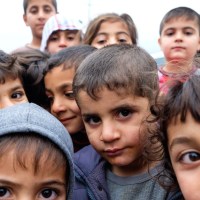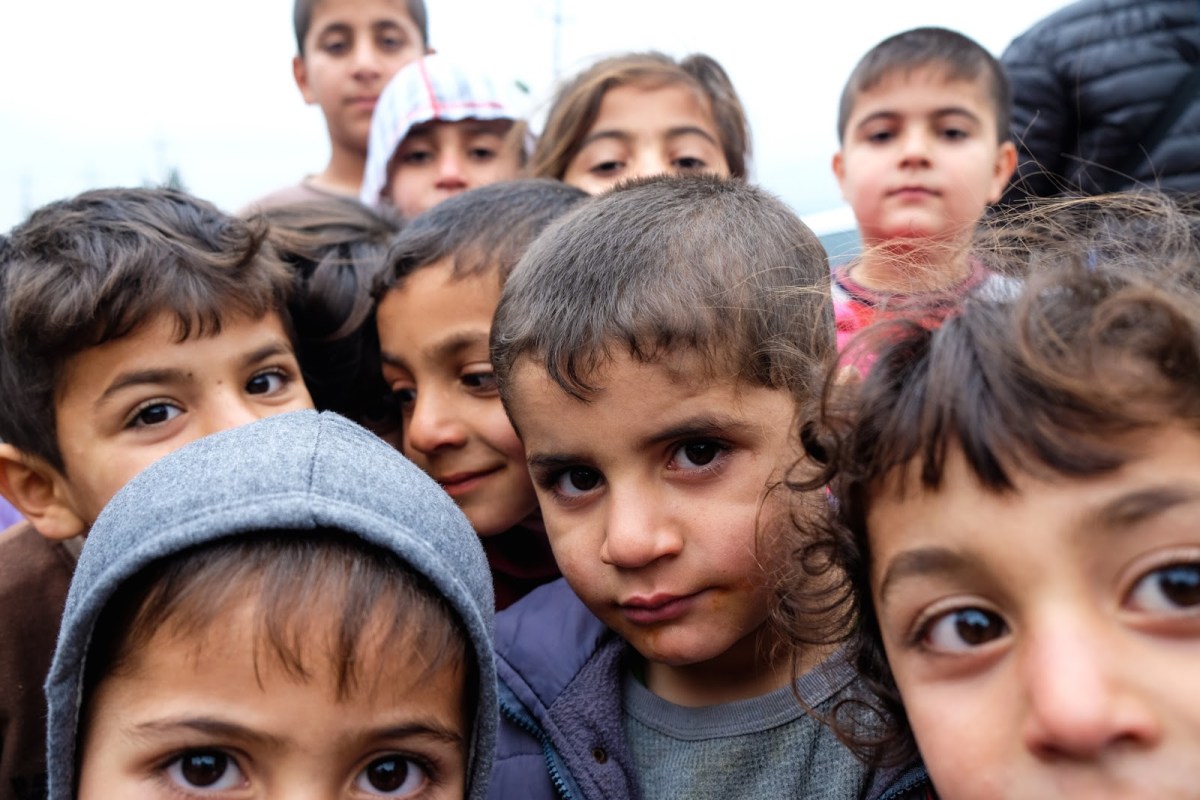The violence that shocked much of the western world last week didn’t start with the airstrike that killed two high-ranking military leaders. It didn’t start when an armed drone dropped its payload on those armored cars, or when all their passengers were engulfed in flames.
The violence didn’t start when one nation’s leader gave orders to kill another.
It started with us.
With the recent assassinations of Iranian military leader Qasem Soleimani and Iraqi militia leader Abu Mahdi al-Muhandis, war again feels imminent. For Iraqis in coffee shops and internet forums, sides were quick to form: either you are on the side of Iran or you are on the side of the United States.
There is no room for any other position.
Iraqis, tired of other nations using Iraq as a staging ground for war, wanting all outside influences to leave their country, are forced to choose: do you stand with “us,” or do you stand with “them”?
The lines are clearly drawn in black and white.
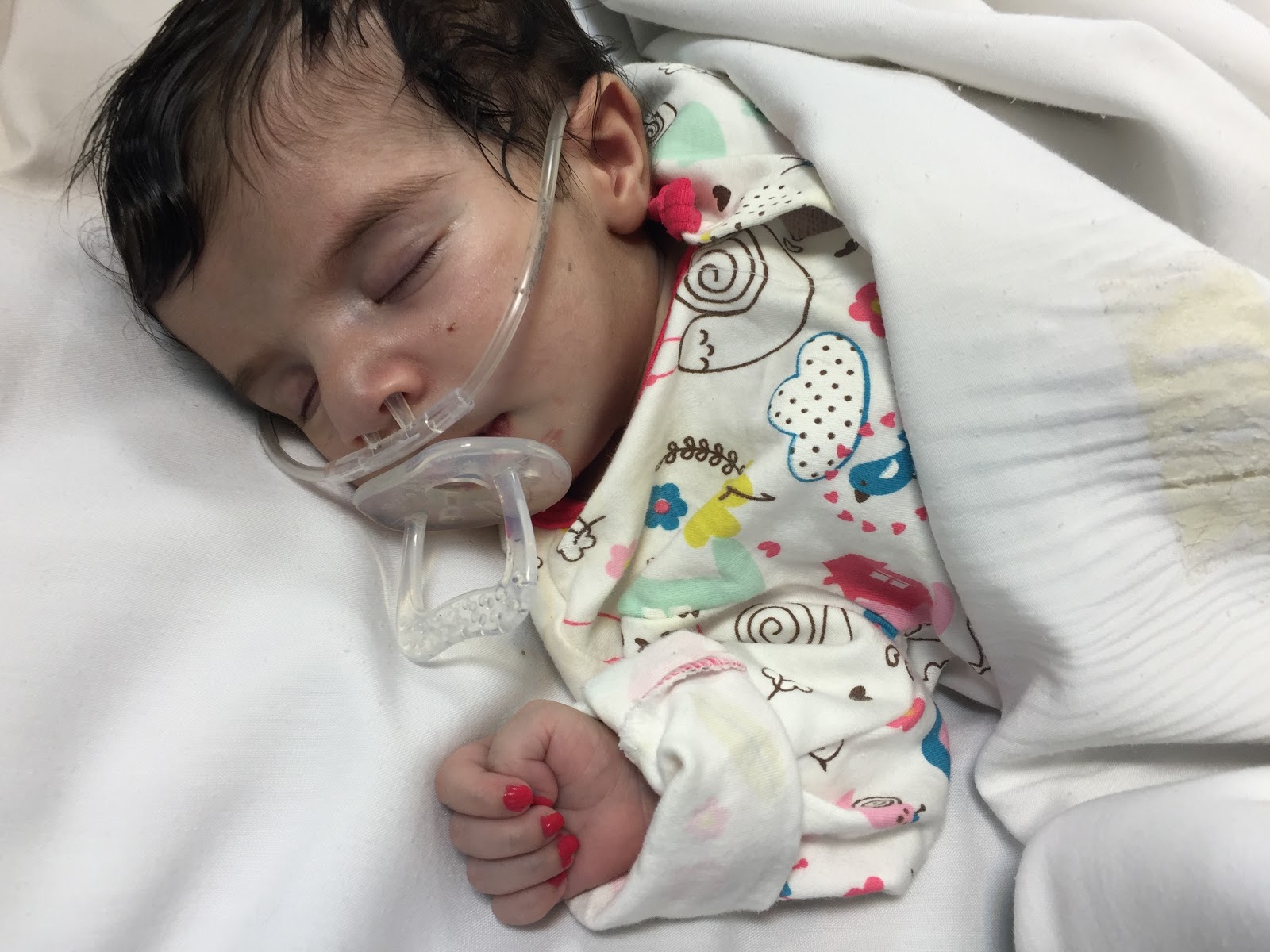
It’s easy to blame opposing leaders and armies for the violence crippling the region. The list of leaders responsible for civilian suffering and death in the Middle East over the last few decades is long, and probably includes your own country’s leader… .regardless of where you’re from.
But to be perfectly frank, if we stand on the sidelines when our global neighbors suffer, we are culpable.
When we fail to stand with each other, when we fail to love each other through small issues, long before bombs start to fall, we have failed our neighbors.
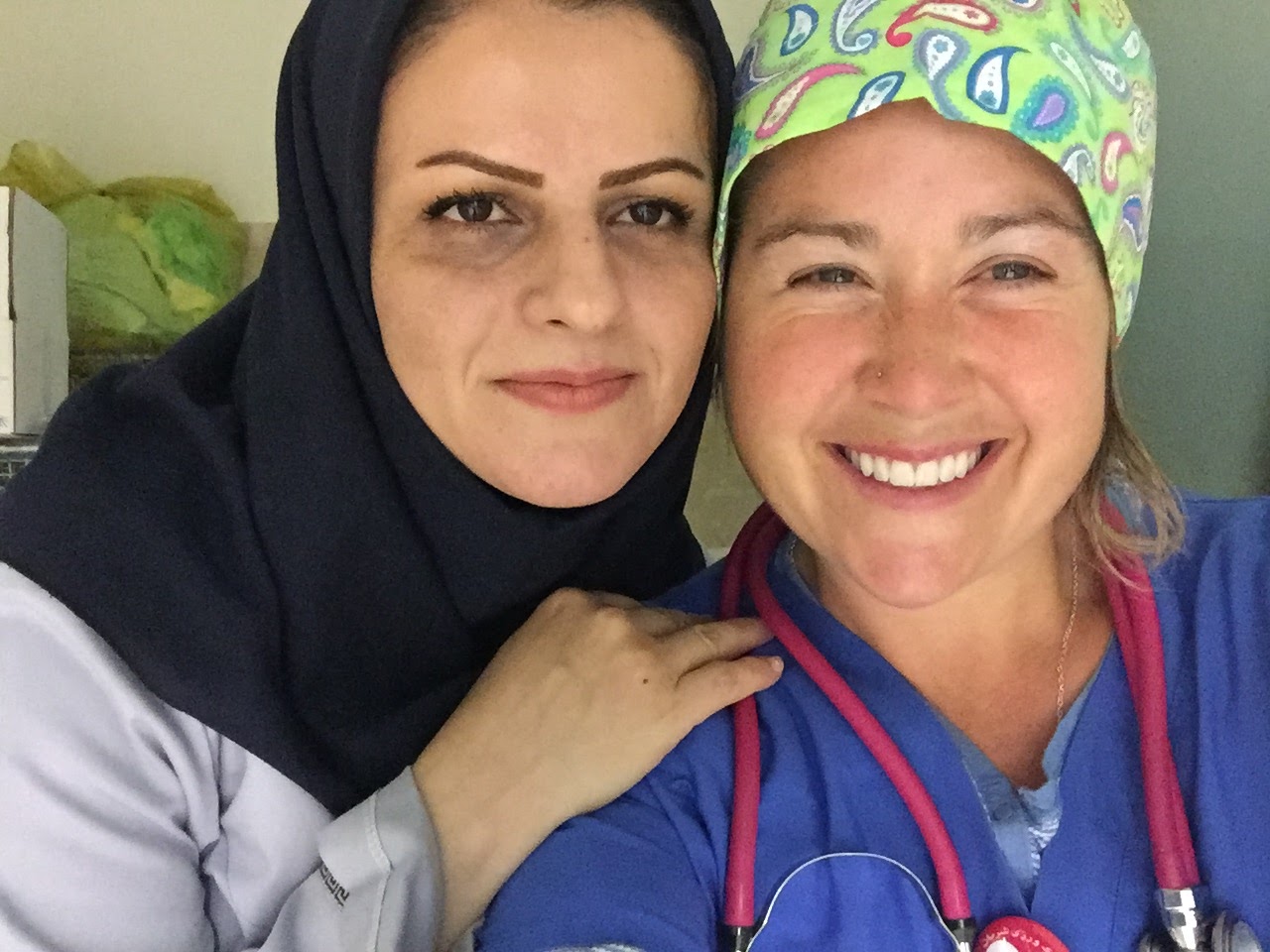
 When we prioritize our own comfort and privilege over the basic needs of our neighbors; when we leave weaker neighbors to fend for themselves; when we make it easy for governments to abuse their own citizens because they know the world doesn’t care—because they know that there is no one who stands with the marginalized, the vulnerable, the oppressed… we fail our neighbors.
When we prioritize our own comfort and privilege over the basic needs of our neighbors; when we leave weaker neighbors to fend for themselves; when we make it easy for governments to abuse their own citizens because they know the world doesn’t care—because they know that there is no one who stands with the marginalized, the vulnerable, the oppressed… we fail our neighbors.
We cannot bomb our way to peace. We can only love our way there.
We cannot change what has already happened. We can only press in now, loving our communities, reaching out to our neighbors, creating vital networks that strengthen the care we have for each other. This is how we can change the future.
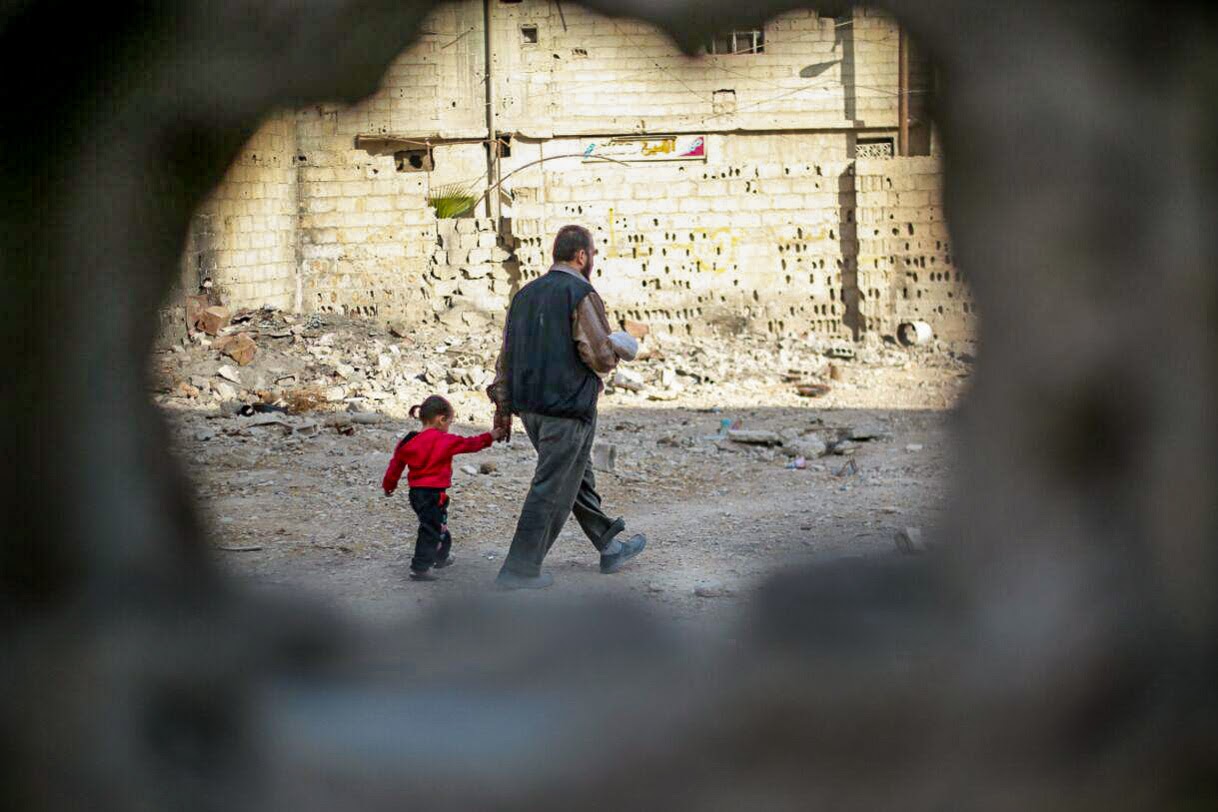
We cannot change the past suffering of Syrian children trapped in besieged communities. We cannot bring back Iranian children who died under a series of economic sanctions against Iran going back to 1979. We cannot bring back the Iraqi and Syrian families killed by ISIS members who came from all over the world. We cannot bring back the husbands and fathers who died protecting their communities from certain death.
But we can choose the side of the oppressed. We can continue listening. We can be with them in practical ways that reduce their vulnerability.
Mother Teresa’s famous quote, “If we have no peace, it is because we have forgotten that we belong to each other,” isn’t a poster slogan. It’s an indictment.
We have no peace.
We have forgotten.
May we remember again that we belong to each other. And may we all choose to live differently because of it.

